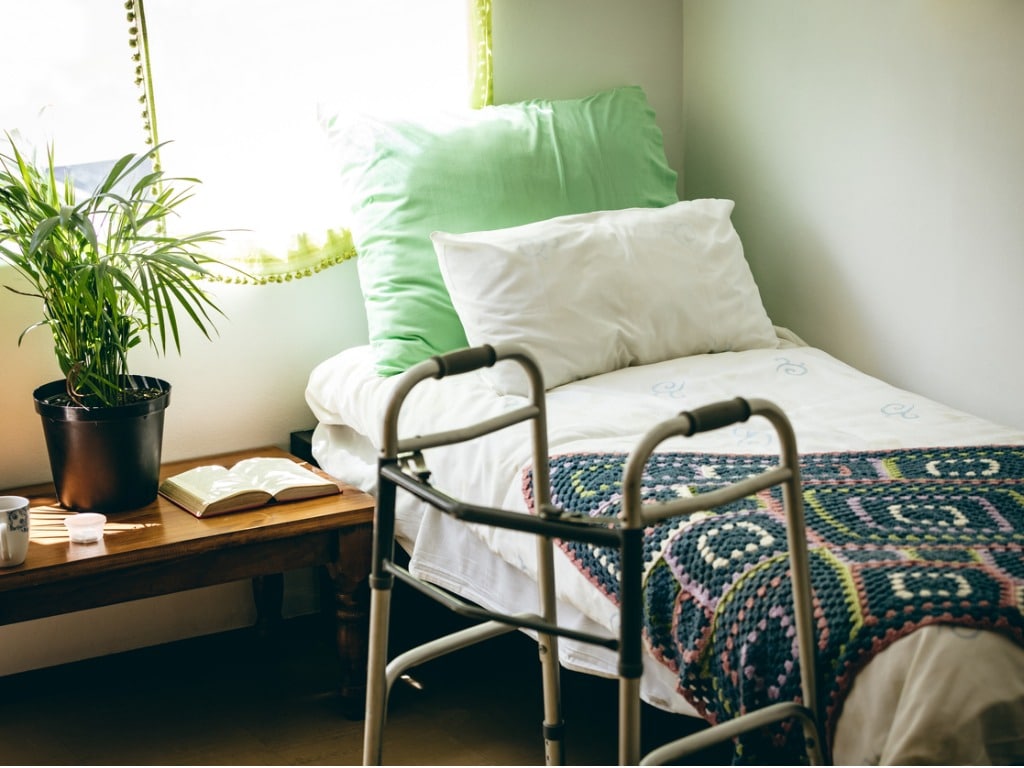SavaSeniorCare LLC (Sava), a Georgia-based nursing home operating company, has agreed to pay the federal government $11.2 million to settle whistleblower allegations of “medically unnecessary rehabilitation therapy services and grossly substandard skilled nursing services,” according to a U.S. Department of Justice (DOJ) press release. A group of whistleblowers brought a qui tam lawsuit against the company under the False Claims Act. Sava is primarily responsible for the care of elderyly and infirm patients.
The whistleblowers’ lawsuit alleged that between 2008 and 2012, Sava knowingly submitted false claims to increase revenue from Medicare. The government claimed that Sava put pressure on their medical service providers through “corporate-wide policies and practices” that were designed to produce higher billing totals. Most of the medical services that the lawsuit alleged Sava wrongfully increased were rehabilitation therapy treatments. The lawsuit claimed that through excessive corporate pressure and financial goal setting, Sava encouraged its providers to provide “medically unreasonable, unnecessary or unskilled services” to patients. Sava also delayed the discharge of patients from care centers when they no longer required care in an attempt to increase billings, according to the lawsuit.
The settlement also resolves further claims that between 2008 and 2018, Sava submitted false claims to Medicare and Medicaid for seriously substandard medical care. The lawsuit condemns this substandard medical care as “grossly and materially substandard and/or worthless skilled nursing services.” The government alleged that Sava failed to administer medication to patients, follow ulcer care protocols, and follow appropriate fall protocols. It also alleged that Sava failed to have appropriate numbers of skilled staff on hand at certain facilities, compromising the standard of care and violating federal medical care regulations.
“When corporate greed rises to the level of defrauding federal health care programs, while subjecting one of our most vulnerable populations to grossly substandard care and unnecessary medical services, we must hold the companies accountable,” said Acting U.S. Attorney Mary Jane Stewart. She continued on, saying: “Any fraud that undermines the care being provided to elderly nursing home residents cannot continue and will be exposed and rooted out. We are grateful to the courageous whistleblowers who reported this egregious conduct.”
The whistleblowers in this case were Rita Hayward, Trammel Kukoyi, Terrence Scott, James Thornton and Barbara Roberts. They all stand to receive a collective 15 to 30% of the total funds recovered by the government. The False Claims Act incentivizes whistleblowers to step forward and report fraud when they experience it in the workplace. The FCA offers strong incentives and protections for whistleblowers who report on fraud. Medical fraud is especially harmful, as it often results in improper care for sick, elderly, or disabled people who are already particularly vulnerable.
